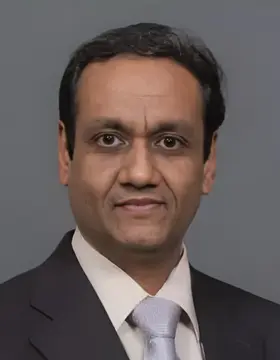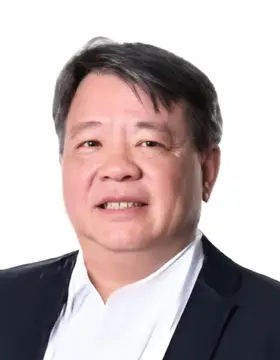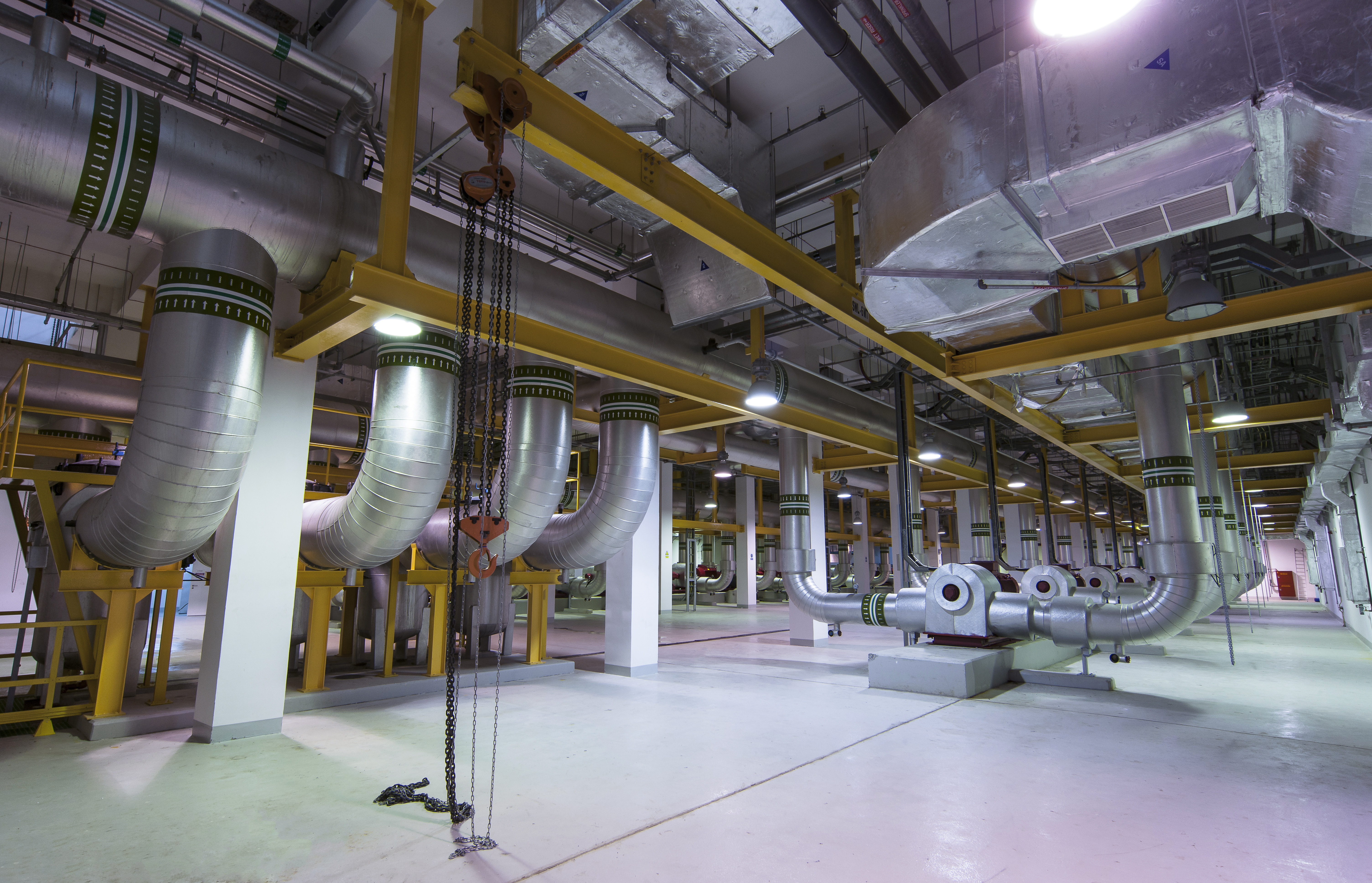
About Course
As demand for energy-efficient cooling rises, district cooling systems are vital for sustainability. Understanding the technologies and engineering optimises efficiency, cuts costs, and reduces environmental impact.
This 5-day executive education course delves into the multifaceted world of district cooling, covering key technologies, engineering principles and practices, economic considerations, and future trends. Designed to equip learners with essential expertise, this masterclass provides in-depth knowledge and practical skills to navigate the dynamic district cooling landscape. Additionally, networking sessions offer valuable opportunities to connect with industry professionals and expand your expertise.
Who Should Attend
Prerequisites
Bachelor’s Degree in Engineering or an Engineering Diploma with at least 2 years of relevant work experience.
Learning Outcomes
Comprehensive Understanding of District Cooling Systems (DCS)
- Gain an in-depth understanding of district cooling systems, including the technologies, engineering principles, and economic impact
Practical Application
- Learn to plan, design, operate, and maintain efficient district cooling systems through hands-on workshops and case studies
Economic Insights
- Explore the economic aspects of district cooling, including cost-benefit analysis, financing models, and economic indicators
Sustainability and Compliance
- Understand the environmental impact of district cooling systems and learn how to align projects with regulatory standards and sustainability goals
Smart Cities Integration
- Discover the role of district cooling in smart city planning, focusing on integration with emerging technologies and urban development strategies

Teaching Team

Swapnil Dubey
Assistant Professor, Singapore Institute of Technology

Anne Miclo
Chief Technical Officer, ENGIE South East Asia

Lei Yu
Programme Manager, ENGIE South East Asia

Edwin Choo
Senior Manager (Operations), ENGIE

Heng Wan Teng
HVAC Design Engineer, ENGIE

Lacine Dosso
Projects and Strategic Partnerships, ENGIE
Course Details
Schedule
-
Day 1
Morning Session: Overview and Fundamentals
· Introduction & Overview
· Importance of District Cooling in sustainable development
· Basics of District Cooling
· Definition and concept
· Historical development and global trends
· Key components and system architecture
· Thermodynamics of Cooling
· Principles of heat transfer
· Thermodynamic cycles in chillers
· Different types of chillers and their role
· Chiller Performance and operational strategiesAfternoon Session: Principles and Technologies
· Thermal energy storage
· DCS plant supply and demand optimization
· Fluid Dynamics and Flow characteristics
· Pumping systems
· Chilled Water Distribution System
· Chilled water pipes and their insulation
· Design consideration for heat transfer station
· Direct and indirect connections in DCS
· Components of energy transfer station -
Day 2
Building Interface and Sustainability
Morning Session: Building Integration – BY SIT
· Heat exchangers in district cooling
· Functions and types of heat exchangers
· Ensuring the efficient return of water to the chiller plant
· Cooling tower operations and their significance
· Cooling tower performance, sizing and optimization
· Air Handling Units (AHUs) and Fan Coil Units (FCUs)
· The role of AHUs and FCUs in the consumer end
· Thermostats and controls for effective temperature regulation
Afternoon Session: Environmental Impact and Sustainability – BY ENGIE· Short presentation of ENGIE (to introduce ourselves)
· Energy efficiency considerations / greenhouse gas emissions
· Heat island effect
· Water usage and conservation
· Space savings allowing green roofs / solar installations · Regulatory Compliance
· Contribution to smart city planning
· Integration of green energy
· Presentation of successful district cooling systems:
o Punggol Digital District
o Megajana
o Northgate
o Fraicheur de Paris
o Districlima
o Climaespaco
o Tabreed -
Day 3
District Cooling Systems (DCS) Planning and Engineering – BY ENGIE
Morning Session: Development of a DCS
· Evaluate the needs of the territory
· Identify buildings to be connected / Load forecasting
· Mapping of cooling needs
· Identification of land for DCS plant
· Identification of local sources of renewable or recoverable energy
· Differentiation between greenfield and brownfield projects
· System sizing and capacity planning / Centralized, decentralized design
· System engineering
o Environmentally friendly refrigerants and practices.
o Sustainable features for optimizing energy efficiency
o Based on lifecycle cost analysis· Role of Thermal Energy Storage in District Cooling
o Storing excess chilled water for peak demand.
o Demand side management
o Improving efficiency and operational flexibility.
Afternoon session: New technologies and Innovation in DCS· Chiller technology: oil free and variable speed
· Thermal Energy Storage (TES) technology: PCM
· Heat transfer technology: Nano-fluid
· Digital technology: AI- and multi-objective optimization control -
Day 4
Operation & Maintenance and Site visit – By ENGIE
Morning Session: Operation and Maintenance
· Plant operation
o Operational risk: Low DT syndrome· Plant maintenance
o Preventive maintenance
o Predictive maintenance
o Water treatment
o Replacement· Digital tool to support
o BMS / SCADA: Monitoring and Control
o CMMS
Afternoon session: Site visit· Presentation of SIT design
· Site visit
o Plantroom and cooling tower areas / Assessing the role of key components in real-world scenarios.
o Control room and BMS
o Smart O&M -
Day 5
Economic Viability, Regulatory Landscape and Class Assessment
Morning: Economic viability and regulatory landscape – By ENGIE
· Business plan
o CAPEX estimation
o OPEX estimation
o Economic analysis· Analysis of average price of cooling compared to market price
· Capital intensive project: Initial investment vs. operational savings
· Different actors of a DCS project
· Key role of the local government
· Different contractual structuresAfternoon Session: Workshops and Assessment – By SIT
· Class Assessment
· Group Workshops - Application of principles learned in real-world scenarios
· Q&A Session
Note: All the above points are subject to minor adjustment.
Certificate and Assessment
A Certificate of Attainment will be issued to participants who:
- Attend at least 75% of the course
- Undertake and pass non-credit bearing assessment during the course
Participants who meet the attendance requirement but do not pass the assessment will receive a Certificate of Participation.
Fee Structure
The full fee for this course is S$5,450.00.
| Funding Category | Eligible Funding | Course Fees Payable After Funding |
|---|---|---|
| Singapore Citizen (Below 40) | 70% | S$1,635.00 |
| Singapore Citizen (Above 40) Funded under SkillsFuture Mid-Career Enhanced Subsidy (MCES) | 90% | S$635.00 |
| Singapore PR / LTVP+ Holder | 70% | S$1,635.00 |
| Non-Singapore Citizen | Not Eligible | S$5,450.00 |
Note:
- All fees above include GST. GST applies to individuals and Singapore-registered companies.
Course Runs
New Engineering Micro-credentials Launching Soon!
Exciting news! We are introducing new micro-credentials in Electrical and Electronic Engineering & Infrastructure and Systems Engineering. Be among the first to know by registering your interest today! Register now →
